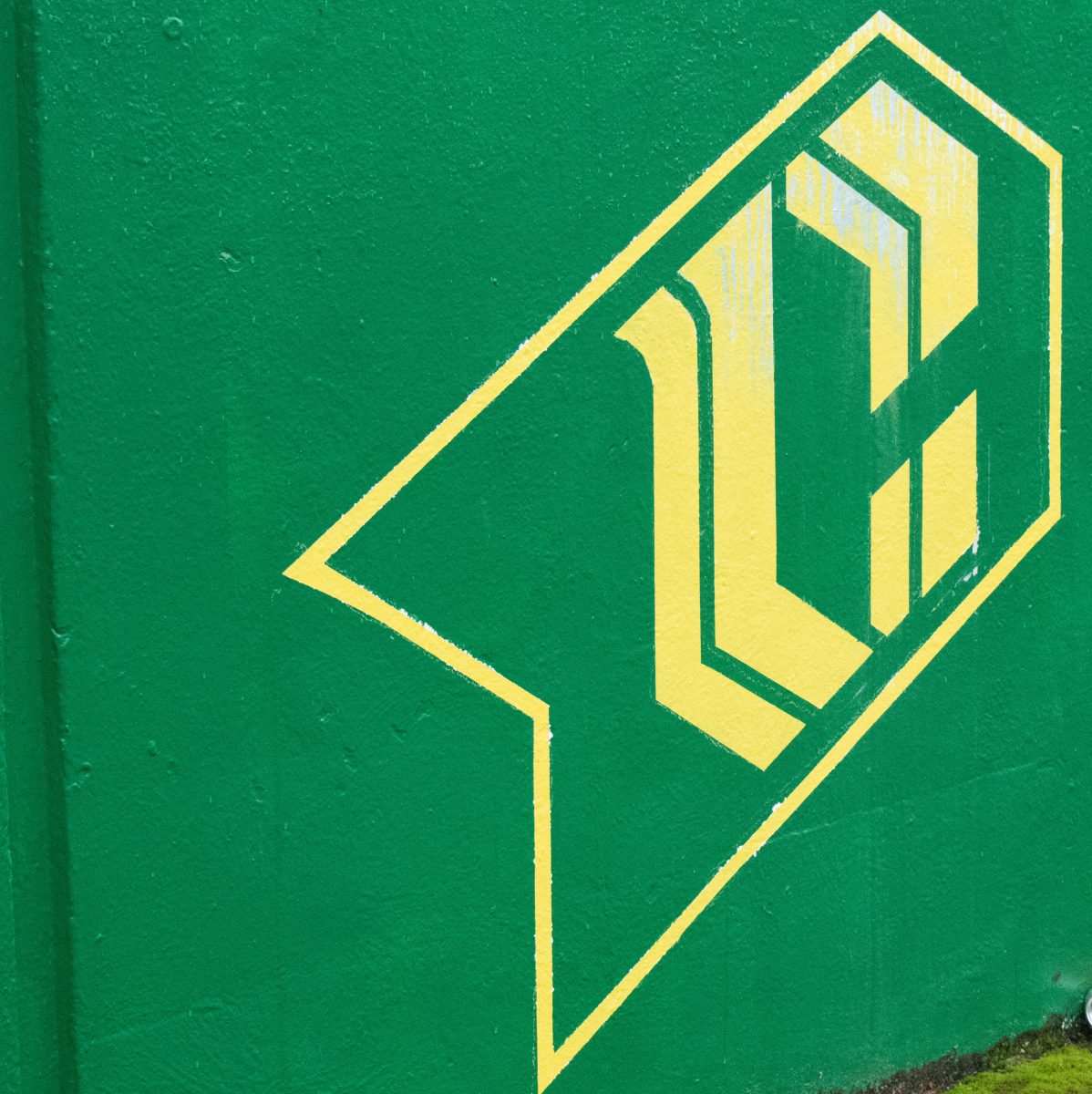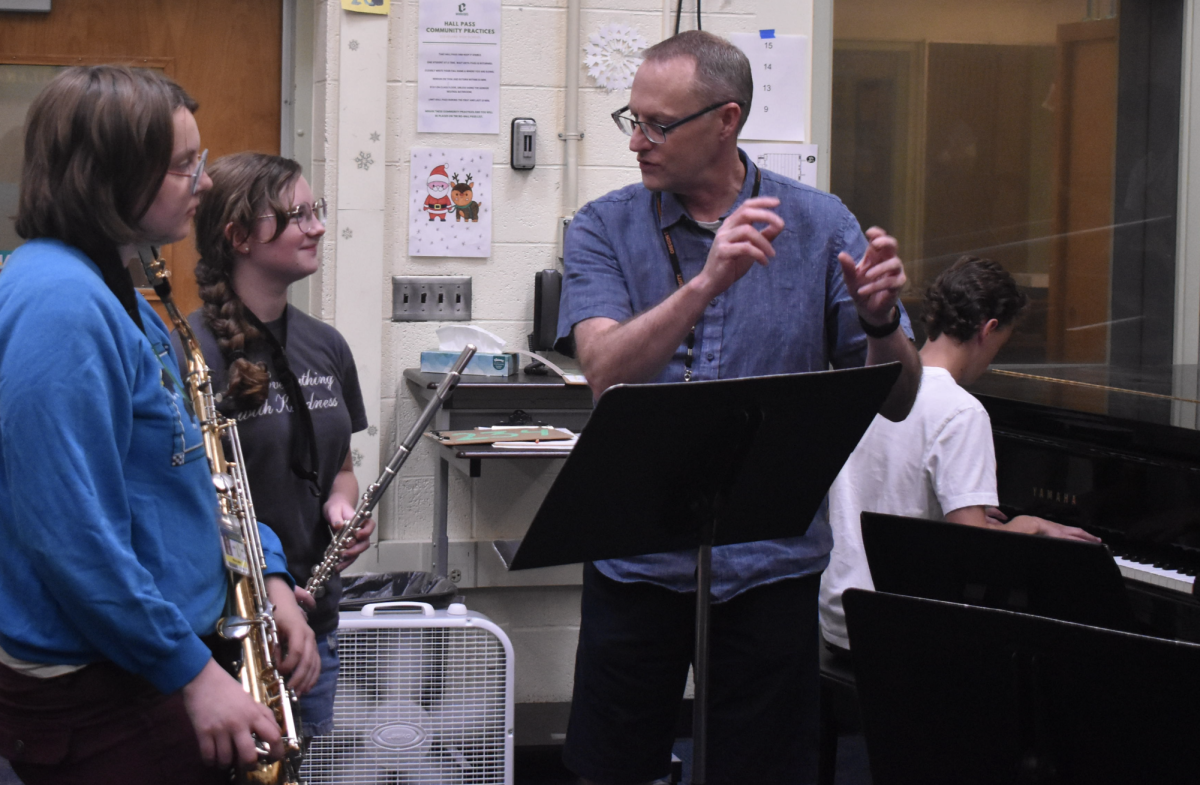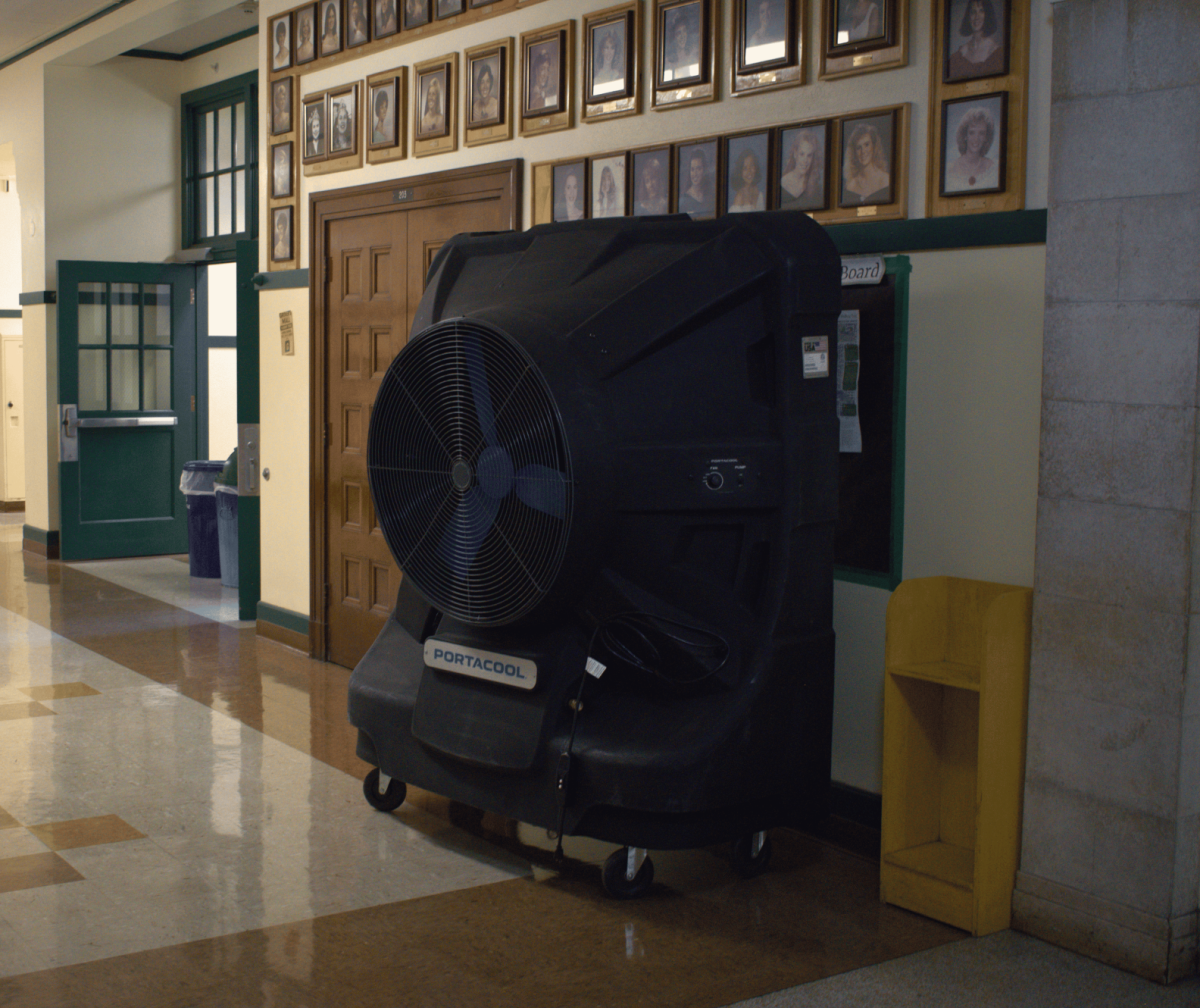As a senior IB diploma candidate, I have a good perspective on the pros and cons of the IB diploma, as well as some ways to make it as painless as possible. Firstly, I believe that overall, the IB diploma is worth the time and effort it requires, particularly if you plan on attending a local state college, or if you have any interest in applying for college abroad. It is possible, if organized correctly, to simply skip a full year of classes in college, and the thousands of dollars they would have charged, using the college credits the IB tests can grant. With that said, it is not easy. There is a heavy workload, and significant work required outside of class, and no matter how organized or intelligent you are, there will be times when it feels overwhelming.
The first piece of advice I can give is to start planning ahead as early as possible. For example, I would recommend doubling up in an extra science class sophomore year, particularly physics, which is a useful complement to the math level you will be required to take. Additionally, it is best to get your foreign language requirements out of the way as early as possible, because they have some of the largest workloads of any class at Cleveland, and daily assignments do not combine well with long-term projects like IAs in your senior year. Another benefit to beginning to take IB classes sooner rather than later is that they will boost your GPA more when it comes to apply for college, at which point you will likely not have semester grades for your senior year classes, and therefore will not be able to take advantage of the increased weight placed on IB classes during the application process.
Secondly, know that there will be a significant jump in difficulty from your sophomore to junior year, though it will be lessened if you follow the above advice. It is difficult to describe how much harder IB Biology is than NGSS Physics, but it can be summarized by the level of out of class work prescribed by the International Baccalaureate organization, which advises that around 1-2 hours of work will be necessary outside of class to keep up with the pace of their curriculum. The best way to mitigate this effect is to start your junior year with it in mind, and prioritize the daily work you will receive over the larger-scale projects that may be completed over the course of an entire semester. This makes the workload easier to manage, because it forces you to break the large assignments into smaller pieces, which makes them less daunting to complete.
The final piece of advice I can give is to plan your class schedule with the requirements of the IB diploma in mind. When forecasting for classes, keep in mind that most IB courses take place over two years, and that in order to graduate with the IB diploma, you need to complete at least seven courses. While some, particularly the social sciences like World Religions and Anthropology, can be completed in only one year, most, particularly the Higher Level courses, require two years to complete. Recognize this commitment when considering whether to make it, and consult the IB section of the Cleveland website to determine how many HL and SL courses you need to take, and how long taking each course requires.
Overall, the IB diploma is a difficult, sometimes tedious program that requires years of commitment and persistence to complete. But it can be completed, and given the potential savings it could create, I believe that so long as the prospective student is organized, determined and willing to endure boredom at the hands of endless notes, it is well worth the cost.













